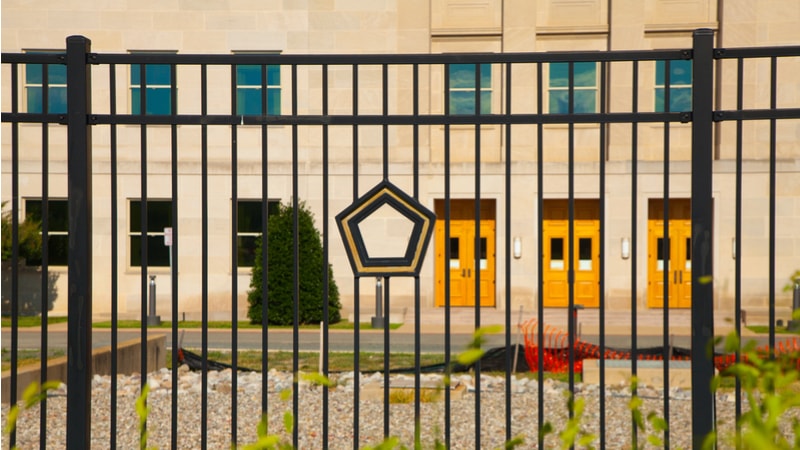
The Pentagon’s Defense Innovation Unit (DIU) launched the first solicitation under its new emerging technology portfolio on May 9, focusing the first lines of effort on quantum sensing tech and hypersonics.
DIU’s Emerging Technology Portfolio – also announced on May 9 – aims to integrate nascent technology from commercial and non-traditional ecosystems that do not have a clear, well-established pathway within the Department of Defense (DoD). The portfolio will also coordinate closely with DIU’s National Security Innovation Capital, which looks at funding hardware technologies, and coordinate across the rest of the Department’s innovation entities.
Emerging Technology is the seventh portfolio in DIU’s repertoire. Its other portfolios include artificial intelligence, autonomy, cyber and telecom, energy, human systems, and space.
Lt. Col. Nicholas Estep, an active-duty Air Force Officer and veteran technical program manager within DIU, has been appointed as the portfolio director.
“This portfolio will create important connections across the DoD and commercial community to address capability gaps across the services,” said Estep in a statement.
DIU is kicking off those efforts with a solicitation to industry for quantum sensors that can provide the Joint Forces positioning, navigation, and timing (PNT) capabilities. The solicitation is seeking sensors designed at the atomic level that “offer the promise of significant improvements in precision, accuracy, and sensitivity compared to classical sensors.”
“The [Transition of Quantum Sensors (TQS)] will focus on demonstrating the military utility of quantum sensors to address strategic Joint Force competencies like [PNT] and anomaly detection,” according to DIU.
According to the solicitation, quantum sensor technology has matured to the point that DoD is ready for operational demonstrations in multiple domains critical to the warfighter.
“Critical Joint Force missions are currently assisted by classical sensors that observe changes in motion, electric and magnetic fields, and gravity,” according to the solicitation. “However, new innovative solutions are needed in the face of emerging competition.”
The TQS program will have three lines of effort — inertial sensing, magnetometers, and technology insertions for spiral enhancements to quantum sensing. This multi-phase, multi-year initiative seeks to prototype mature technologies that will culminate in demonstrations of end-to-end DoD operational utility.
Proposals to the TQS solicitation are due by May 29.
DIU’s new portfolio also will focus on existing and future hypersonic, including the high-cadence airborne testing capabilities (HyCAT) program.
In early 2023, DIU launched the HyCAT initiative, a program that aims to prototype hypersonic testing systems for DoD. As of November 2023, DIU has awarded six contracts to support the HyCAT program.
In the future, the new portfolio aims to “facilitate prototyping efforts focused on advanced materials and propulsion, nanotechnology, photonics, microelectronics, additive manufacturing and quantum information science,” according to DIU.
